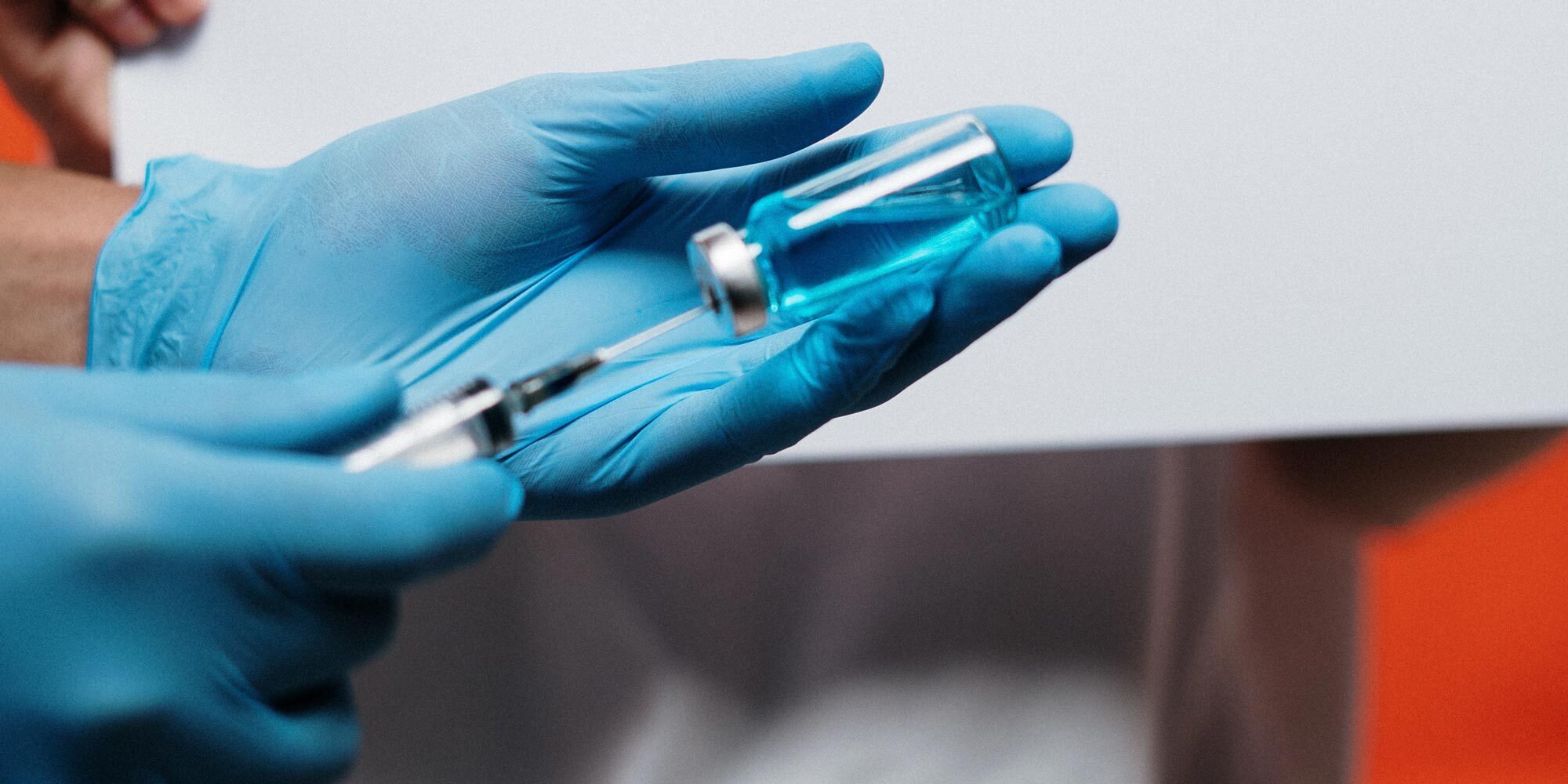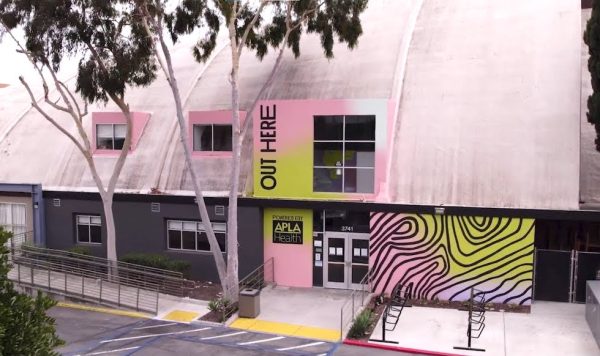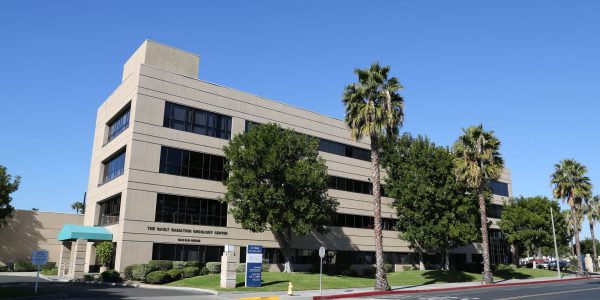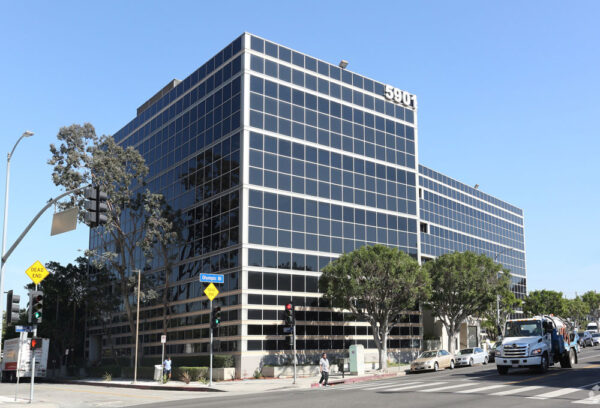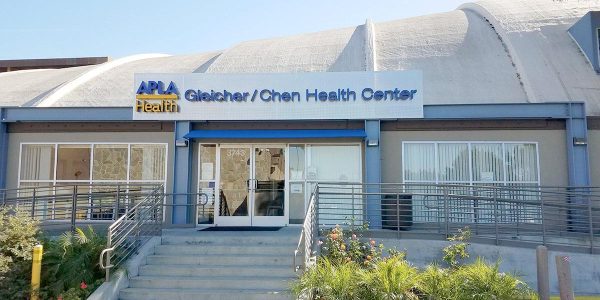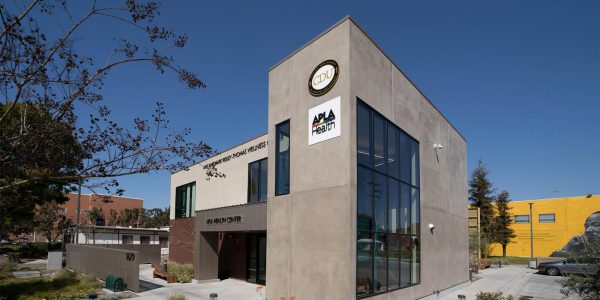Gay and bisexual men should receive all vaccines based on their age and health status.
It’s important to stay up-to-date on vaccinations to prevent illnesses caused by:
MPOX (formerly Monkeypox)
Meningitis (Meningococcal Bacteria)
Hepatitis A & B
COVID-19
HPV
...and more.
To book your sexual health services appointment, call 213.201.5000 or make an appointment online.

